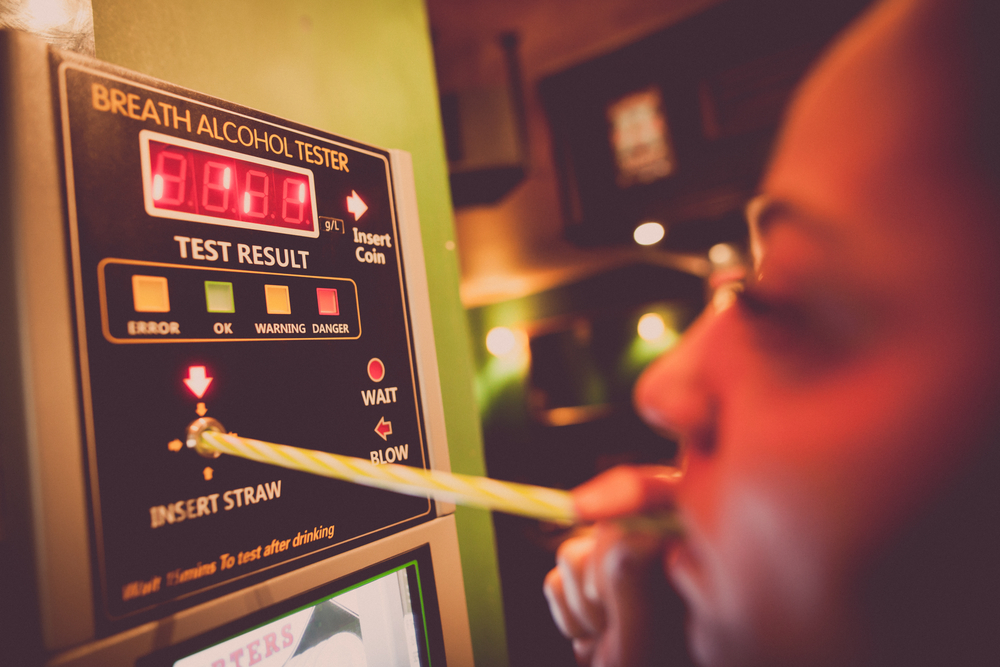
In response to the rising rates of alcohol-influenced traffic incidents, the state of Iowa is considering a bill for a program that requires drunk drivers to take two sobriety tests a day.
The bill, which passed the Iowa Senate 48-0 and is en route to the House, is based off a similar program in South Dakota and four other states. It stipulates that any person caught driving impaired will have to drive two times a day to a monitoring center and take a breath test. Those who pass the breath test can come and go, but any offender caught drinking could be put in jail for up to 24 hours.
Other sobriety testing devices can be used in lieu of traveling to breath-testing centers as well.
The bill also expands Iowa’s definitions of homicide-by-vehicle to include drivers who use electronic devices while behind the wheel. If caught fiddling with a smartphone, drivers could face up to 10 years in prison and be fined up to $10,000.
The proposed legislation came in response to rising traffic fatalities in the state. In 2016, Iowa saw a record-breaking 400+ fatalities from car crashes, according to The Gazette. The most publicized of these crashes, and likely the catalyst of this legislation, was a fiery accident in which a drunk driver going the wrong way on Interstate 80 killed two Des Moines police officers and the prisoner they were transporting.
Another proposed solution to reduce drunk driving in Iowa is the Place of Last Drink program proposed by the National Transportation Safety Board in 2012. Under this program, establishments that allow drunk drivers to leave and cause harm could be held accountable.
“You’ve got to think that somebody knows these folks are impaired before they walk out the door,” said Lisa Davis-Cook of the Iowa Association for Justice, a non-profit advocacy group. “If we can get at trying to stop people before they even get on the road, that’s what is going to help lower (the number of) fatalities as well.”
After implementing the program, South Dakota had a 12% drop in repeat drunk driving. A similar program in Montana is linked to a 40 to 70% drop in drunk-driving recidivism.
